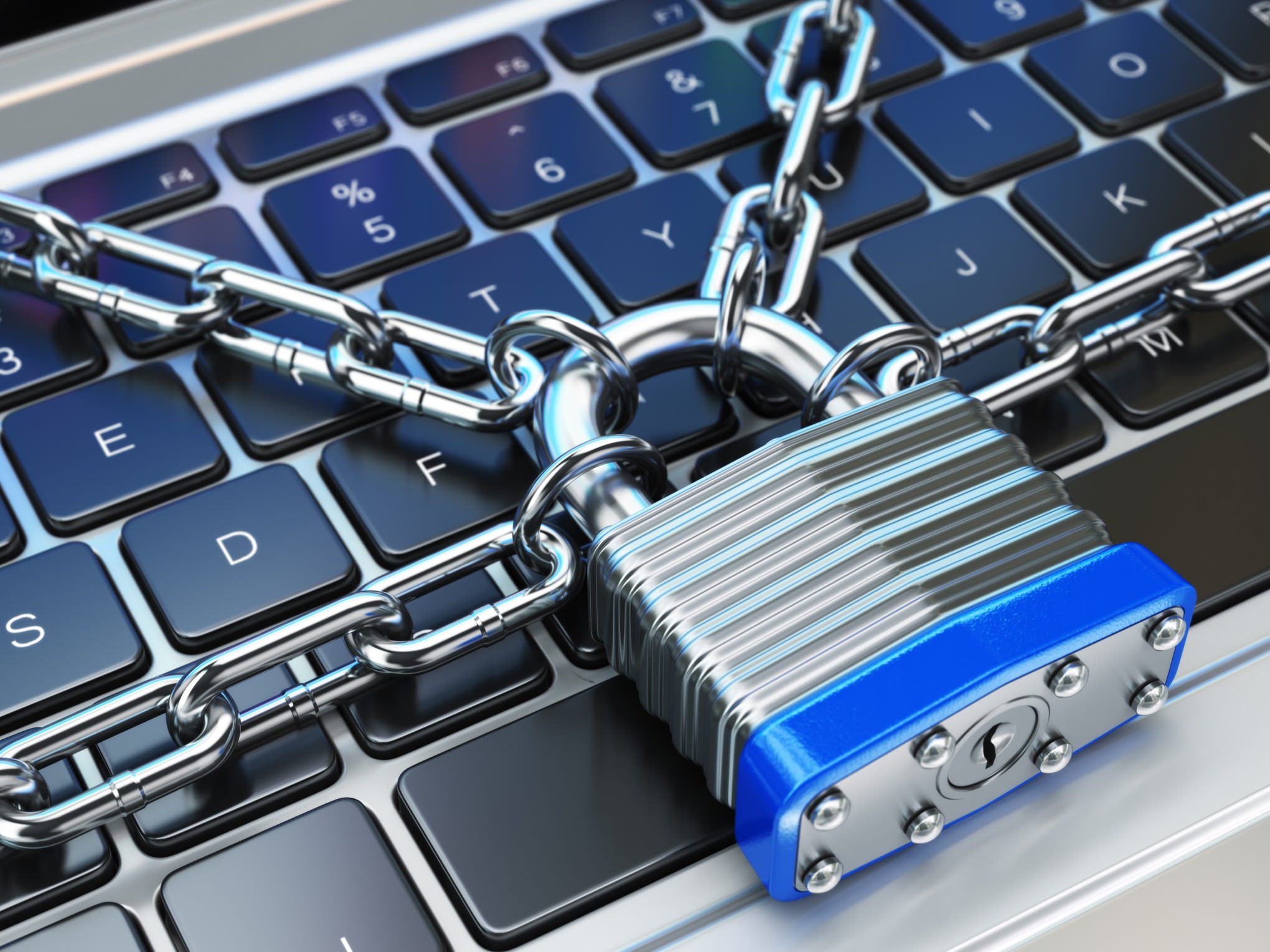Dear Blazers: As the COVID-19 outbreak continues to evolve, bad actors are taking advantage of the situation to not only spread misinformation through social media and websites but are also using phishing emails to obtain personal information or spread malicious software.
Here are some tips to avoid being victimized.
- Obtain information from trusted sources. Refer to the World Health Organization (WHO) (https://www.who.int), Centers for Disease Control (CDC) (https://www.cdc.gov) and the Georgia Department of Public Health (https://dph.georgia.gov/) for official information on COVID-19.
- Check email addresses and links. Inspect web links by hovering your mouse pointer over the URL to see where it leads. Review the sender’s email address.
- Beware of online requests for personal information. A COVID-19 themed email requesting personal information like your Social Security number or login information is a phishing scam. Never respond to these emails.
- Watch for spelling and grammatical mistakes. If an email includes spelling, punctuation or grammar errors, it is possible this is a phishing email.
- Look for generic greetings. Phishing emails are likely to use greetings like “Dear sir or madam.” These usually signal an email is not legitimate.
- Avoid COVID-19 themed emails requiring an immediate response. Phishing emails often create a sense of urgency. Stop–Think-Then Click.
- Report suspicious institution emails. Contact the USG Enterprise Service Center at helpdesk@usg.edu (706-583-2001) if you receive suspicious email from your institution account.
Be well and be cyber-safe!
